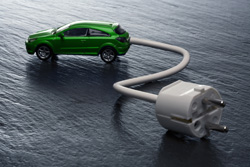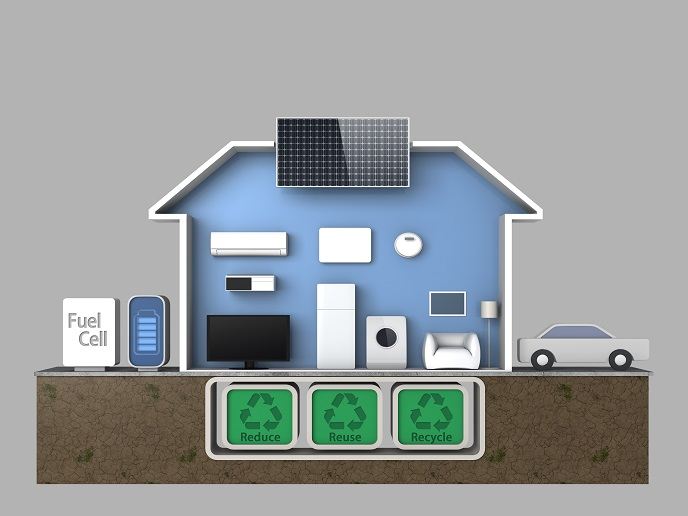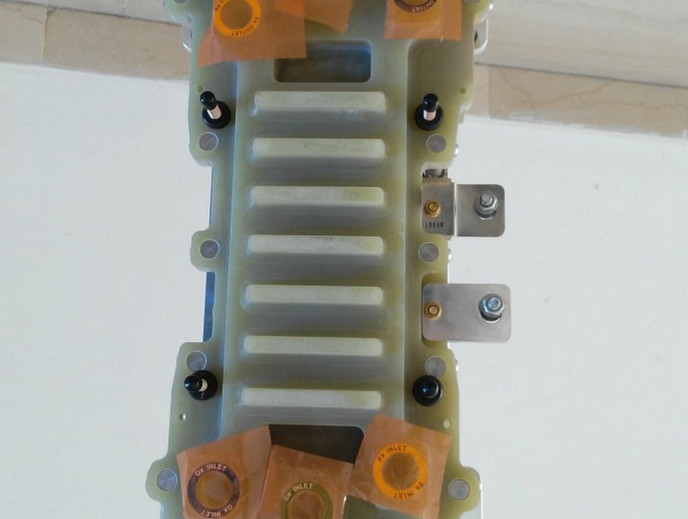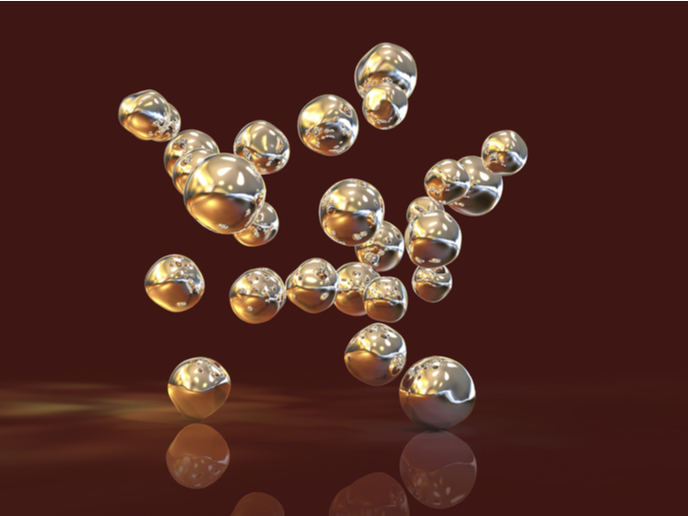Supercapacitors for hybrid fuel cell applications
Recent attention has been focused on the use of SCs in hybrid electric vehicles. The polymer electrolyte membrane (PEM) fuel cell charges the SC which then stores electricity used to power the motor. The fast charge/discharge cycles of the SC can be used to smooth the required peak power output of the fuel cell, enabling near steady-state operation. The ‘Ionic liquid-based hybrid power supercapacitors’ (Ilhypos) project was initiated to develop novel SCs employing improved ionic liquids as electrolytes to produce green, safe, high power SCs for use in both PEM fuel cell-powered electric vehicles as well as in delocalised small energy facilities that use PEM fuel cell technology. The researchers set out to synthesise novel ionic electrolytic liquids with enhanced properties at low temperatures while maintaining superior performance at higher temperatures. Commercial SCs based on organic electrolytes can be hazardous to human health at temperatures typically encountered in PEM fuel cell-powered electric vehicles and stationary power supplies that cause evaporation of volatile organic compounds (VOCs). In addition, the research team sought to synthesise electrically conducting polymers (ECPs) to be used as the positive electrode and to identify high surface area carbons for use as the negative electrode. The Ilhypos team successfully synthesised and optimised the scaled up materials production of three novel prototype supercapacitors that were tested to verify performance. Specifically, they demonstrated the successful operation in terms of power output, cycle life and cost of symmetric carbon/carbon cells, hybrid carbon/ECP cells and asymmetric carbon/carbon cells all with an ionic liquid-based electrolyte solution. project outcomes have important potential applications for hybrid electric vehicles as well as stationary power units with significant power, cost and health benefits relative to commercially available alternative technologies.







